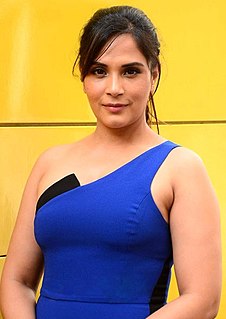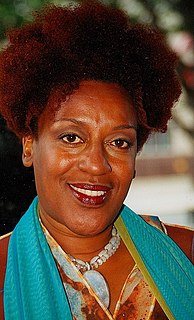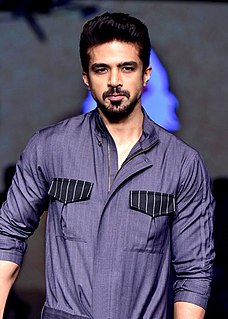A Quote by Garth Davis
The way I work is I like to immerse myself in the world of the film and in the character's lives, and then from that, I get a lot of ideas of how the film could be made, how it could be told.
Related Quotes
When I work on a film, you know, I try to get or inhabit the body of the character -from the vision of the directors or how i think the character should be - so if it's a film like SPEED, you hit the gym, you get to do some, train with SWAT People, hehe, but in general, I'm really focused and dedicated, and then in regular life, I don't go to the gym as often.
I applied [to film school] figuring, "I need to find some structure for myself. I need to find a way to figure out what kind of filmmaker I want to be." And that is what film school provides you with. It'll teach you the basics of how a production works and the technical side of how to put everything together, but you could also learn that by working on film sets.
I wanted to be a playwright in college. That's what I was interested in and that's what I was moving toward, and then I had the lucky accident of falling in love with film. I was 19 or 20 that I realized films are made by people. Shooting digitally became cheaper and better. You couldn't make something that looked like a Hollywood film, but you could make something through which you could work out ideas. I was acting, but I was also conceiving the plots and operating the camera when I wasn't onscreen. I got very unvain about film acting, and it became a sort of graduate school for me.
When you're making a film, you don't really have time to consider what the whole of your film is. And then, when you're releasing your film and promoting your film, you're looking at it in a different way. Then, as you move away from it, you start to look at it objectively and think, 'What could I have done better?'
In any film business, if you're trying to get your next film made, you would never say, 'Oh, my last film was a cult film.' I'd say, 'Oh, great, well I hope this one isn't!' I always say to Johnny Knoxville, 'How do you do it? You sort of do the same thing we did, except you made millions, and I made hundreds.'




































